Inventory: New opening / Berlin
Open house
Once one of the showpiece buildings in a vast mid-century exhibition, the Eternithaus has been restored and part-converted into hospitality venue Fulds by two siblings on a mission to bring the parkside structure back to life.
In 1957 the Hansaviertel, a quiet neighbourhood between Tiergarten and the river Spree, drew more than one million people to gawk at how good living in West Berlin could be. The occasion was a building exhibition, Interbau, where more than 50 leading architects, including Alvar Aalto and Oscar Niemeyer, had designed modern, near-nature homes that were in sharp contrast to the cramped Plattenbau being built in communist East Berlin. Today one of the Hansaviertel’s most beloved buildings, the Eternithaus, has been returned to its original purpose as a space for living well – and, perhaps, showing off a little. And this time around, it’s available for rent.
Fulds was founded by Sarah-Joan Fuld, who runs a design agency, and her brother David, who lives and works in the Eternithaus and runs a personnel company. The slender building has a glass-walled ground floor, topped by seven two-level maisonettes. “There were always people standing outside, looking in,” Sarah-Joan tells Monocle. “We thought that we needed to share this with other people.”
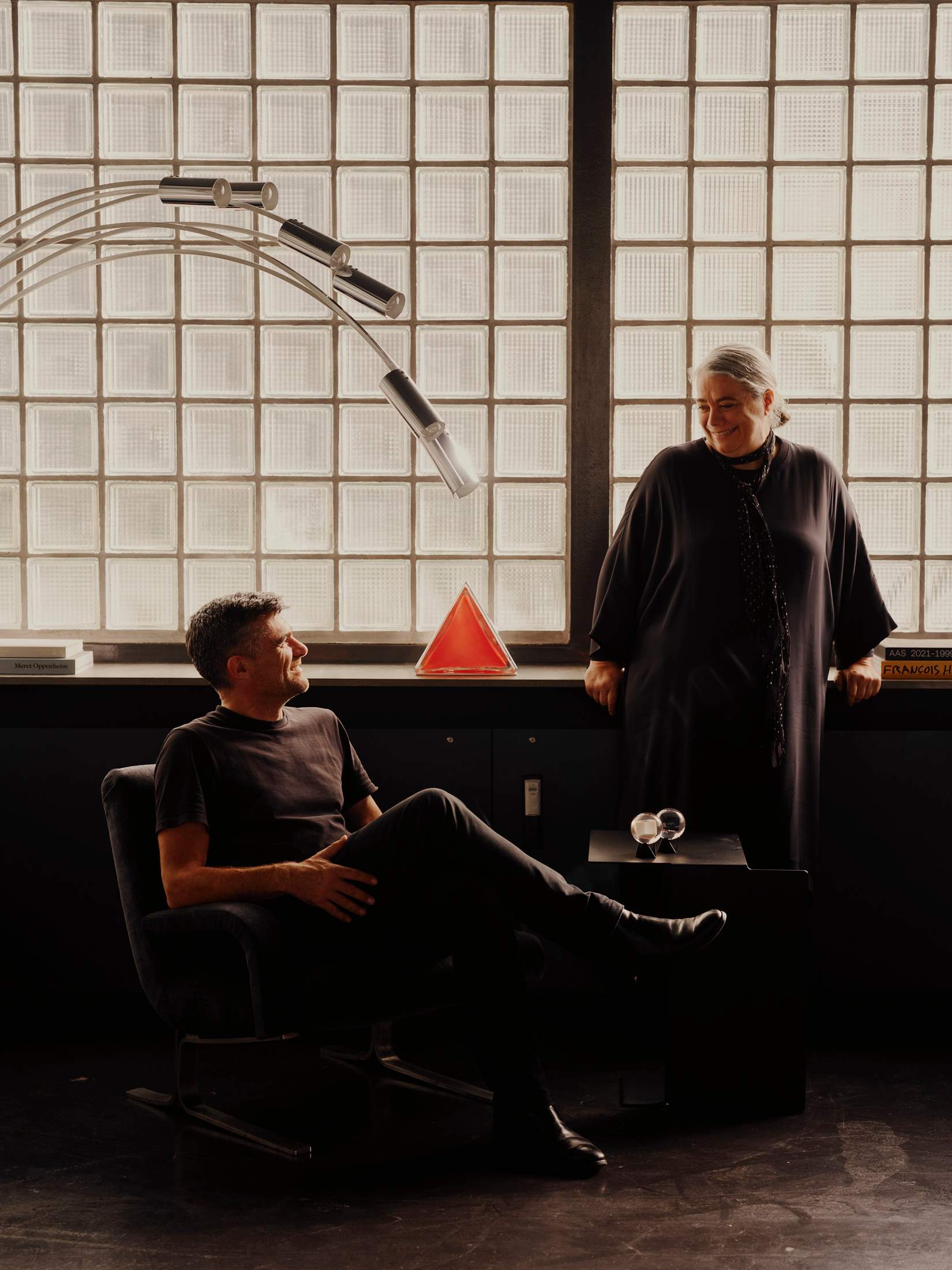
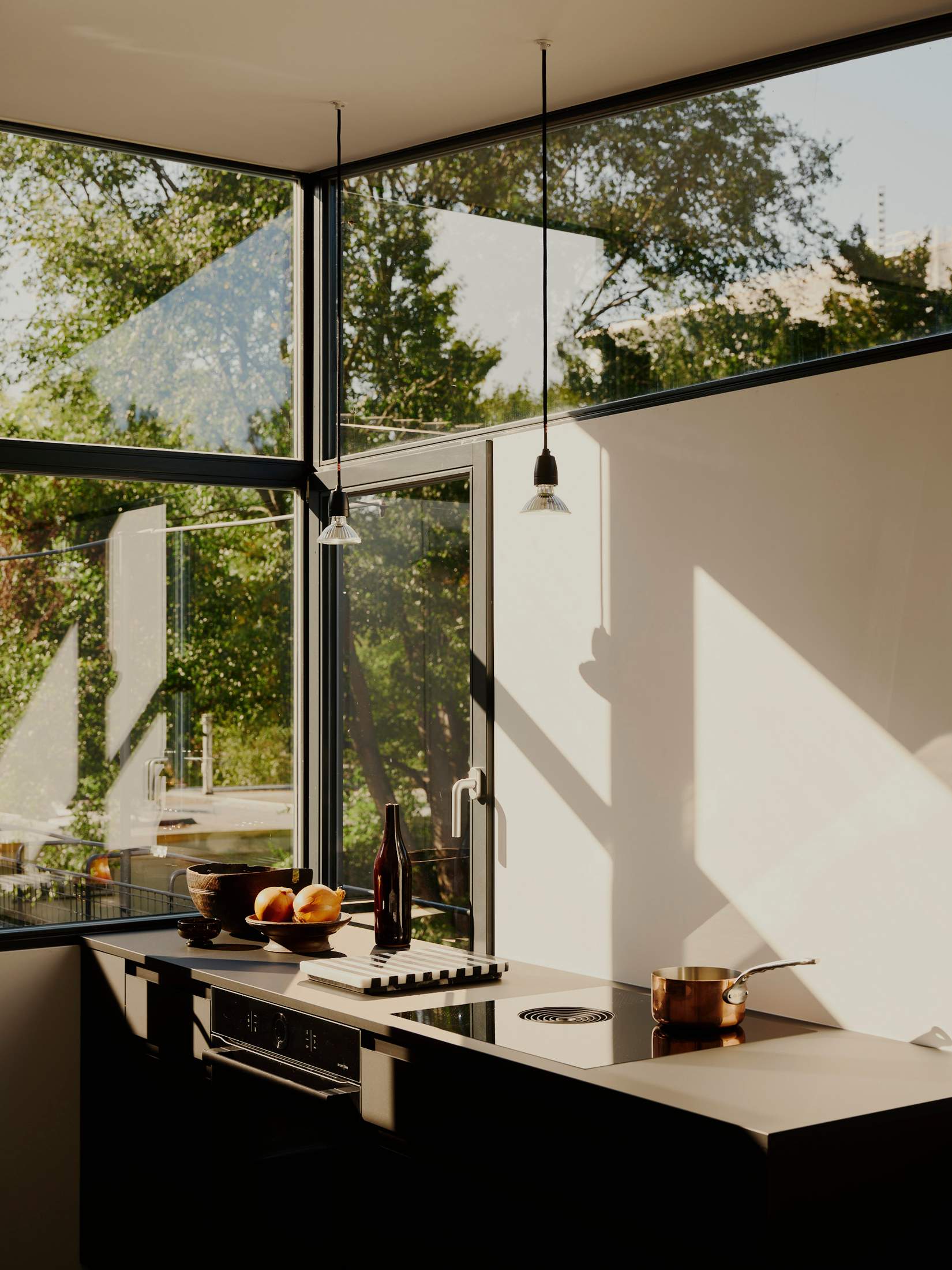
Sarah-Joan was already running The Fuld, a townhouse in Munich used for events. Keen for a Berlin project, David gradually took over leases as apartments freed up in the Eternihaus. After a two-year project to renovate and furnish the spaces, the ground-floor Glass Block Room and two maisonettes are now available to hire for meetings, dinners, exhibitions and parties.
The Eternithaus itself was designed by German architect Paul Baumgarten on a plot of land bordering Tiergarten. Tasked with making compact family homes, Baumgarten felt that it was improper to create gardens right next to Berlin’s most beautiful park. Instead, he chose to raise the homes and give them windows in three directions, plus large balconies that feel nestled among the trees. The building takes its name from its sponsor, Eternit, one of Germany’s largest manufacturers of construction materials. After Interbau, it became the site of the firm’s offices and employee homes.
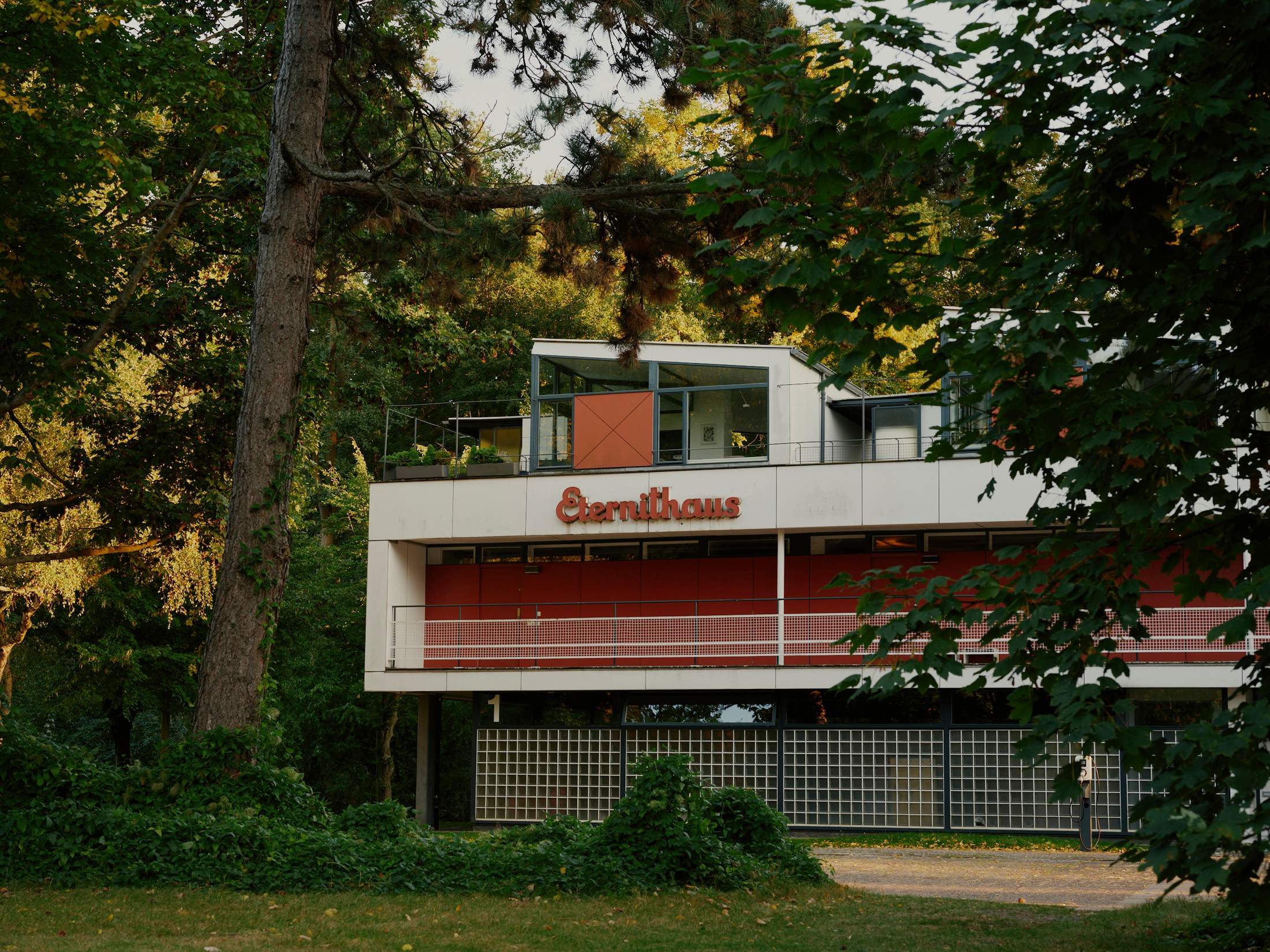
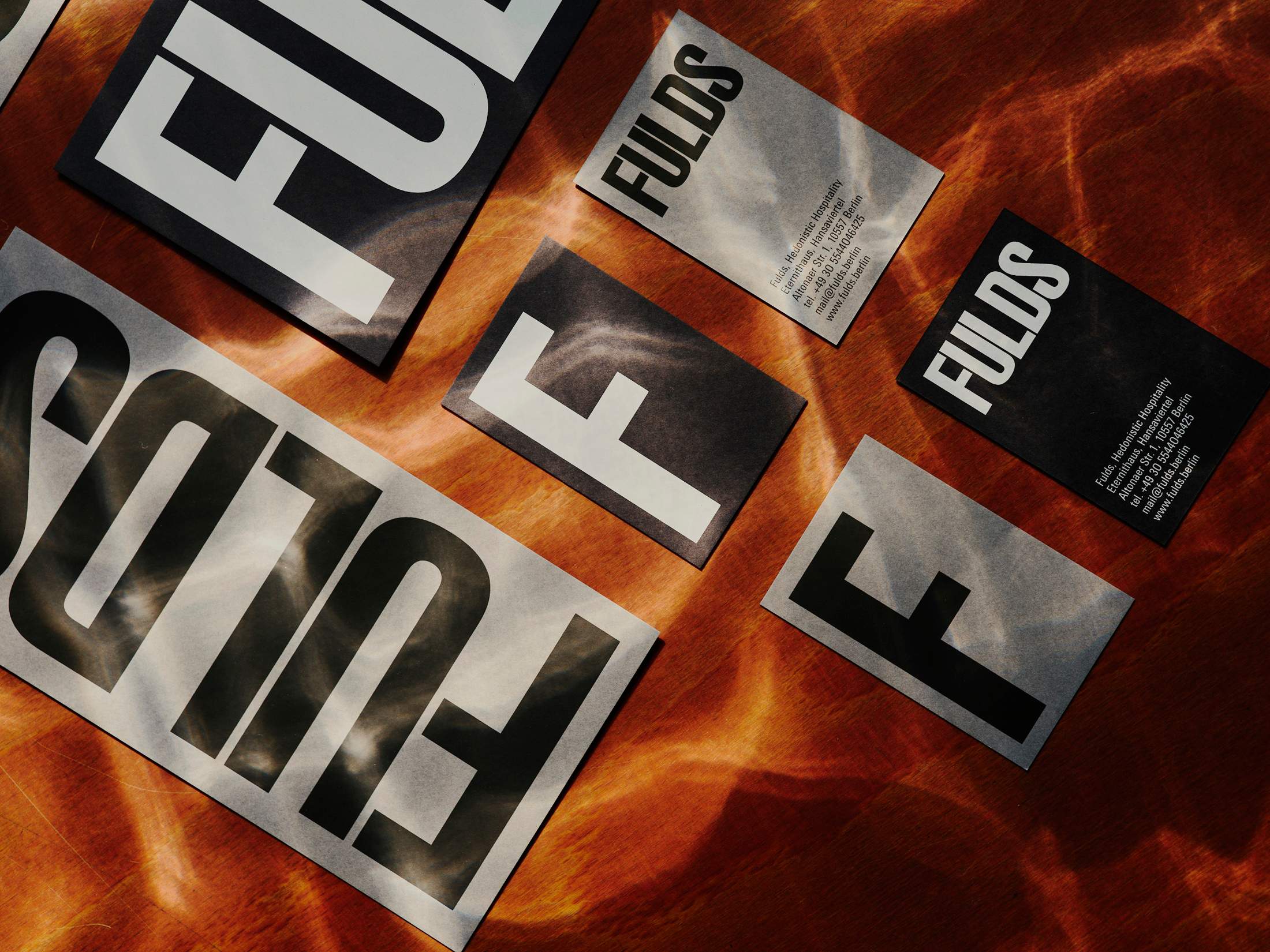
David came across the Eternithaus in 2007, when he was seeking an office space for his fledgling firm Fuldwerk. “The ground floor had been empty for years and was in terrible shape,” he says. “There were seven layers of carpeting and plastic covering on all the windows.” He slowly returned the heritage-listed building to its former, airy character. As well as organising employee trainings, he often rents the space to film crews and friends – and has thrown many parties himself. But when more maisonettes were freed up, the siblings realised that there was potential to create an official venue. “We want to bring in life here,” says David.
First came a six-month effort to bring the apartments – many of which hadn’t been renovated in 40 years – up to scratch. Respectful of the original design, the pair laid new floors, updated a new bathroom and kitchen and painted the walls. Sarah-Joan handled the interiors. The furniture is almost all mid-century, acquired from dealers including Studio Schalling in Sweden and Morentz in the Netherlands, alongside Berber rugs sourced from Thomas Wild in Berlin.


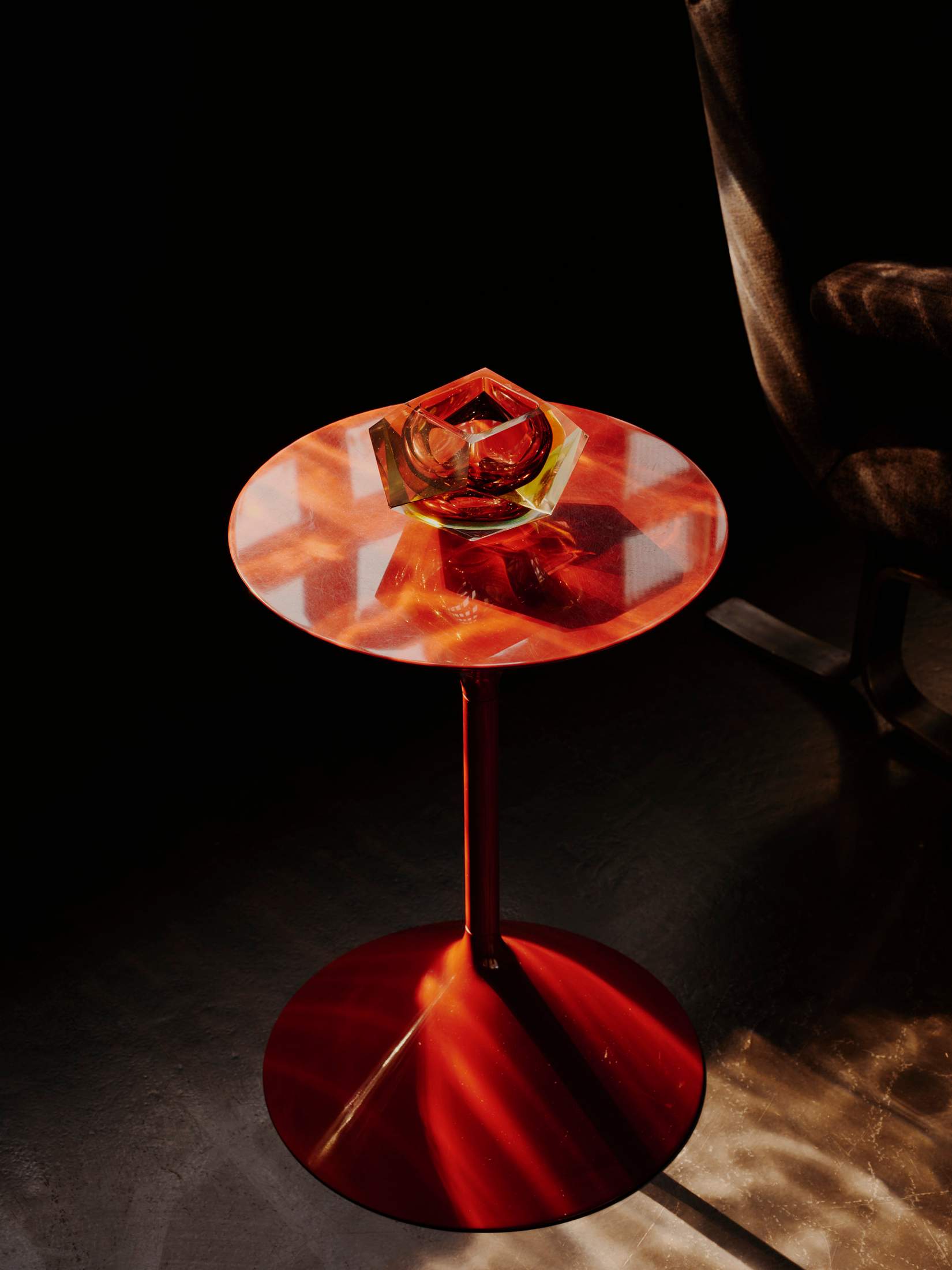
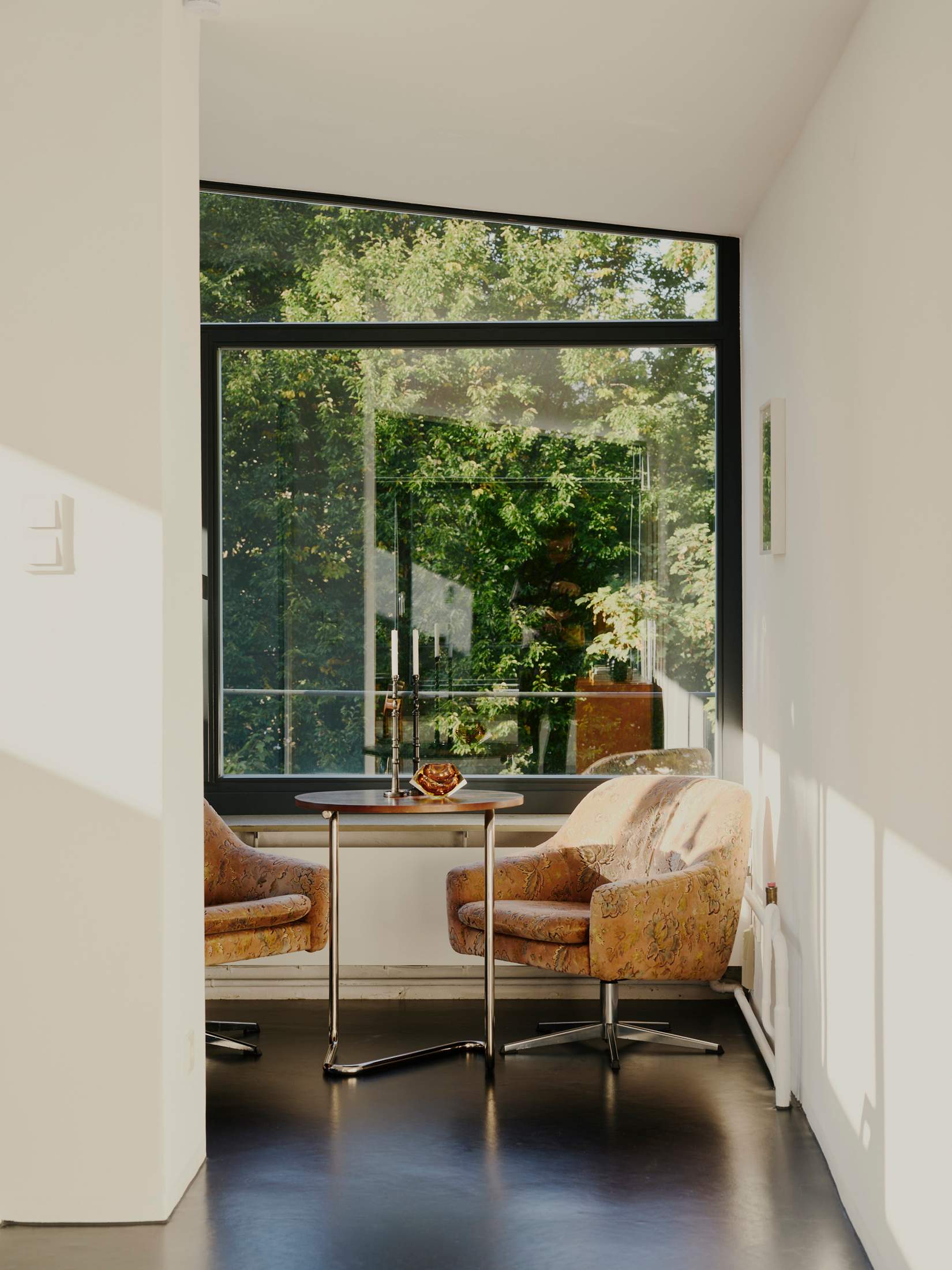
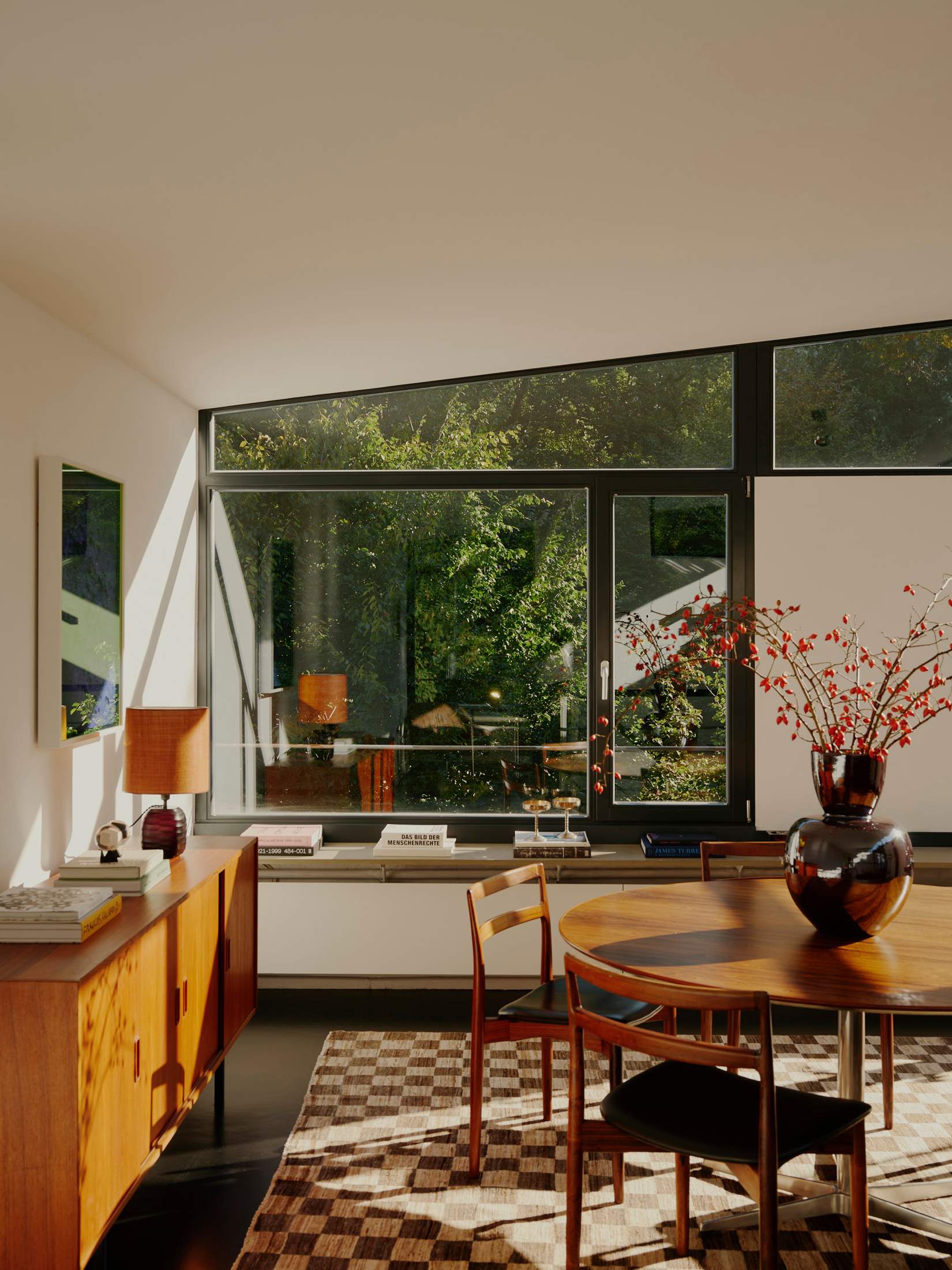
No expense has been spared. Downstairs, meetings can be chaired around a 6.5-metre-long rosewood table, while the apartments have original Eero Saarinen tables and Jean Prouvé chairs. Some furniture is by architects who participated in Interbau, such as Arne Jacobsen’s Series 7 kitchen-table chairs. “We try to fill this, bit by bit, with really good things,” says Sarah-Joan. Contemporary accents come courtesy of Berlin-based designers and artists, including Gonzalez Haase’s triangular Lola light and works by Wolfgang Flad.
Despite the substantial investment of time and effort, the siblings are not too precious about the space and hope to host lively dinners and raucous parties. “You can always paint the walls,” says David with a glint in his eye. That is not to say that the Fulds aren’t picky about who they welcome into the Eternithaus. “If someone were to book an event and come in with ugly plastic tables – I would probably throw them out.”
fulds.berlin
Eternithaus in numbers
Year built: 1957
Time spent on renovation: Six months – and a further six months to furnish
Cost: €300,000
Units available to hire and rates: Two maisonettes (€1,500 a day); the Glass Block Room (€2,500)
Distance to Siegessäule: Less than 500 metres


